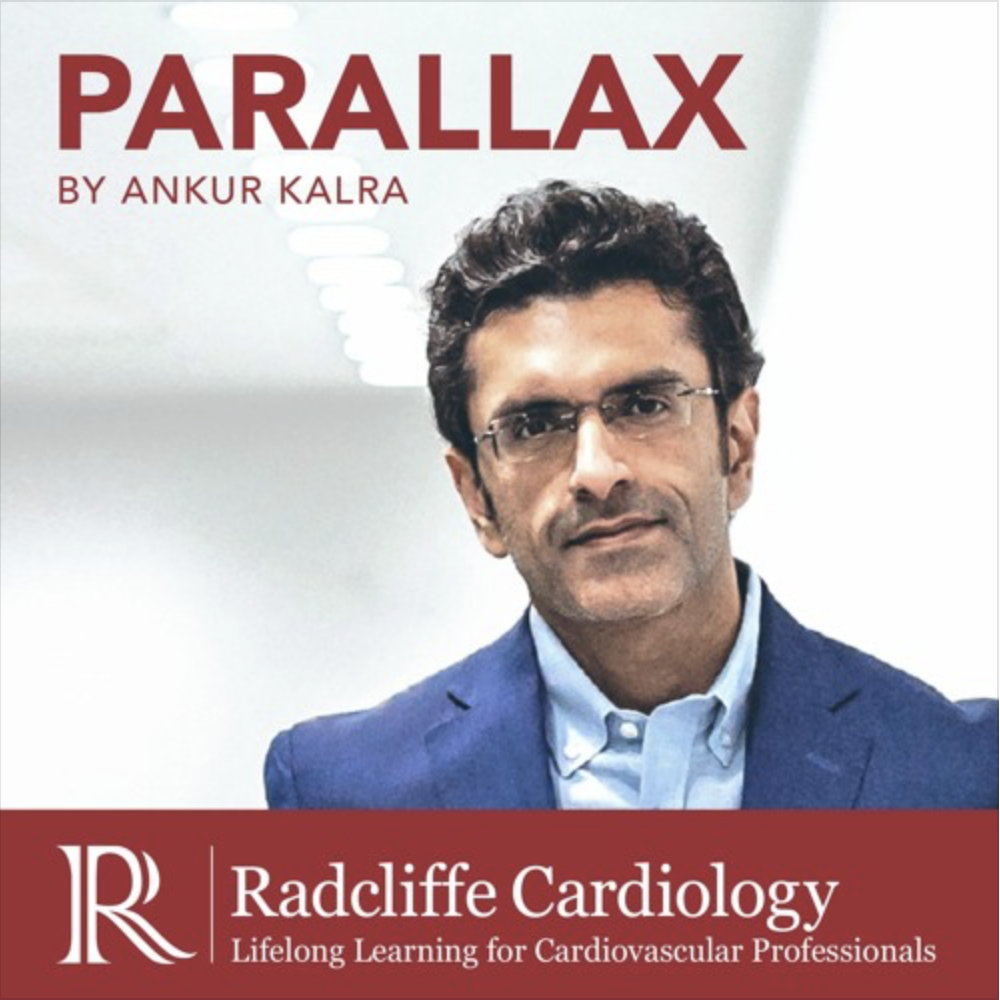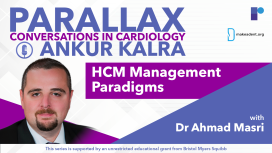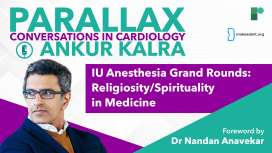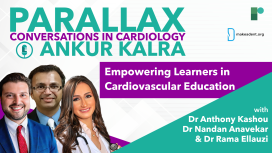
We have observed a lot of developments in percutaneous coronary intervention (PCI) over the past 12 months with the publication of various studies and trials. This week, Ankur spoke with J. Dawn Abbott, MD, Associate Professor of Cardiology at Warren Medical School of Brown University about her recently published US Cardiology Review 13.1 article on the significant developments in PCI over the past 12 months.
Dawn is an associate editor of the journal Circulation: Cardiovascular Interventions and is widely known for her research program on PCI and peripheral arterial disease (PAD). Ankur and J. Dawn discuss multiple trials/studies that were published in 2018, including ORBITA, PIONEER-II and ABSORB. J. Dawn also shares her thoughts on the latest stent technologies.
Hosted by @AnkurKalraMD. Produced by @RadcliffeCardiology.

In this brilliant conversation, Ankur, Emmanouil and Michael unravel the potential advantages, challenges and practical realities of using drug-coated balloons in SVD, and the findings of the latest randomised controlled trials studying this area.
Hosted by @AnkurKalraMD. Produced by @RadcliffeCardiology. [Disclaimer: The use of drug-coated balloons in coronay intervention is still off-label; it has not been approved by the FDA.]



Tune in to discover the strategies that Dr. Kalra and Dr. Alasnag are currently employing and gain insights into how these data will shape their future decision-making in the catheterization laboratory. Don't miss this informative discussion at the forefront of interventional cardiology.

As we adapt to the changes brought about by the pandemic, Dr Singh outlines the necessary steps to foster a reality in which we can utilize these technologies to create more time for human connection.

Dr Owens is Medical Director of the Center for Inherited Cardiac Disease and Associate Professor of Medicine at the Hospital of the University of Pennsylvania.
This series is supported by an unrestricted educational grant from Bristol Myers Squibb. Please see www.camzyosrems.com for important safety information.
This content is intended for US-based physicians.

This series is supported by an unrestricted educational grant from Bristol Myers Squibb. Please see www.camzyosrems.com for important safety information.
This content is intended for US-based physicians.

This series is supported by an unrestricted educational grant from Bristol Myers Squibb. Please see www.camzyosrems.com for important safety information.
This content is intended for US-based physicians.









